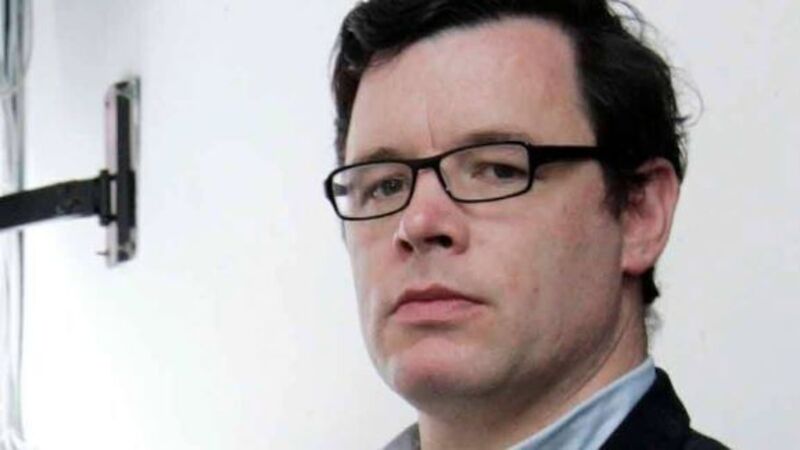Putting the city at the centre

When he swapped the Project Arts Centre for the Dublin Theatre Festival, he only had to move a few doors up the street in Temple Bar, but running a festival is a big change from running a year-round venue.
“It’s very different,” says White over coffee around the corner from festival HQ. “A 12-month venue is very iterative, but for a festival there’s an awful lot of preparation, then a very intense delivery period. You don’t have to do it all on your own, of course, you have a whole load of very experienced people who have done it all before, and whom you watch and admire.











